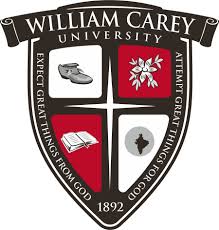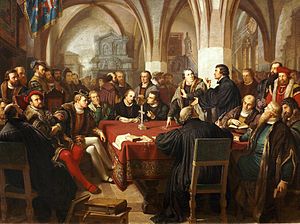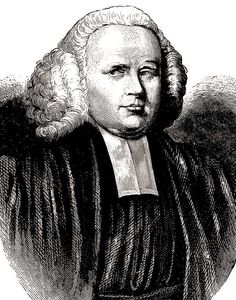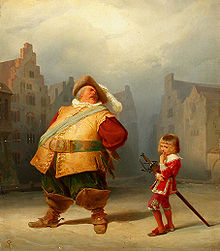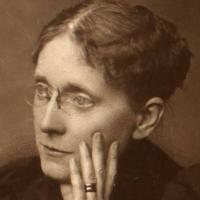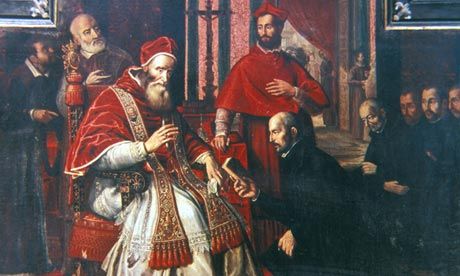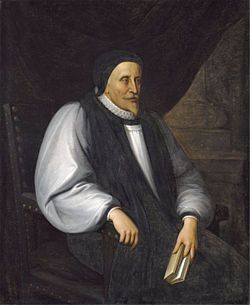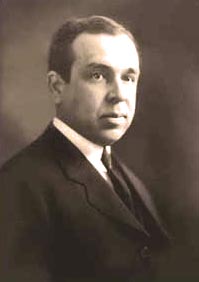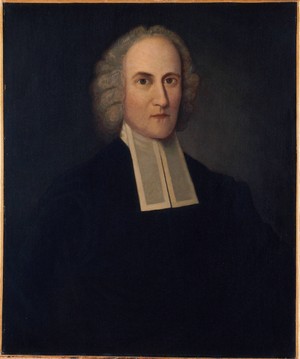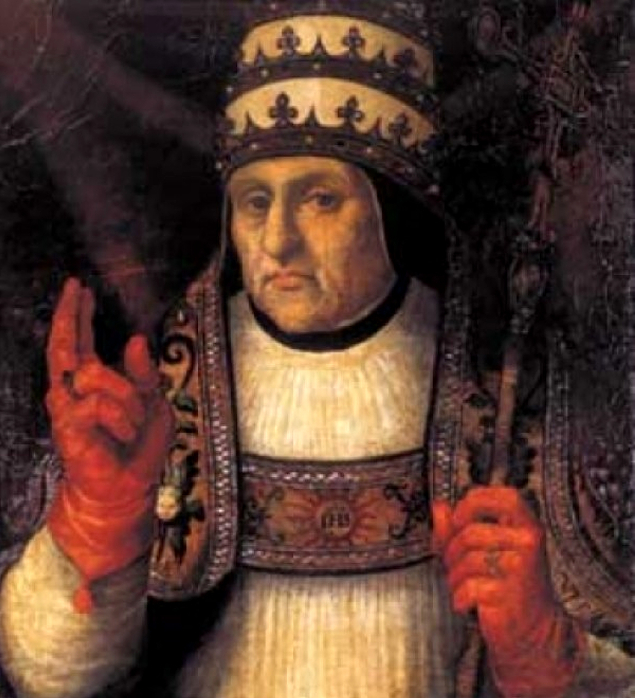Before the concern of good marketing took place, a dozen Baptist ministers on October 2, 1729 formed the “Baptist Missionary Society for the Propagation of the Gospel Among the Heathen”. It’s first leader and missionary was William Carey.
October 1, 1529 – Colloquy of Marburg
One dynamic of the Protestant Reformation was anyone and everyone could have an opinion on how to interpret Scripture instead of what the Church of Rome commanded. Two Protestant giants, Germany’s Martin Luther and Switzerland’s Ulrich Zwingli, squared off on October 1, 1529 for the Colloquy of Marburg to seek theological agreement on 15 points. While they agreed on 14 …
September 30, 1770 – George Whitefield
Unarguably the greatest preacher of the 18th century was Anglican George Whitefield who died on September 30, 1770. He was a major figure in the first Great Awakening revival in America. It is estimated he preached over 18,000 sermons to over 10 million listeners in his lifetime.
September 29, 1413 – Sir John Oldcastle
Lollards were a group of Englishmen, led by the Oxford scholar-priest John Wycliffe, who began the fight for the supremacy of Scripture over the authority of the Pope. One Lollard follower was Sir John Oldcastle who was charged with heresy by Archbishop of Canterbury Thomas Arundel on September 29, 1413. After hiding out for years, he was eventually turned in …
September 28, 1839 – Frances Willard
The Women’s Christian Temperance Union’s first president was Frances Willard who was born on September 28, 1839. The WCTU believed social justice was an integral part of Christian life and under Willard’s leadership she laid the ground work for the passage of two amendments to the US Constitution: the 18th Amendment which instituted prohibition and the 19th which gave women …
September 27, 1540 – Jesuits Recognized
The Society of Jesus, best known as the Jesuits, was founded by Ignatius of Loyola in 1534. Pope Paul III officially recognized the order on September 27, 1540. Jesuits come from all walks of life and take three vows: poverty, chastity and obedience.
September 26, 1626 – Lancelot Andrewes
Lancelot Andrewes, in addition to being a bishop in the Church of England, was the chief translator of the King James Bible and guided the “committee” that translated the Pentateuch, Joshua, Judges, Ruth, 1st-2nd Samuel and 1st-2nd Kings. He is said to have spent 5 hours every day in prayer. He died on September 26, 1626.
September 25, 1929 – Westminster Theological Seminary
After trying to prevent Princeton from becoming more and more liberal in its theology, Westminster Theological Seminary was formed in Pennsylvania by J. Gresham Machen. On September 25, 1929 Machen addressed the first 50 students and guests at the first session of classes by saying, “No, my friends, though Princeton Seminary is dead, the noble tradition of Princeton Seminary is …
September 24, 1757 – Jonathan Edwards
The College of New Jersey, founded to train Presbyterian ministers, appoints the father of American revivalism, and leader of the Great Awakening, Jonathan Edwards as its third president on September 24, 1757. His tenure would not last long at the College which will change its name to Princeton University. (Be sure to check back tomorrow to see another Princeton note.)
September 23, 1122 – Concordant of Worms
The Concordant of Worms (which is not an arthropod convention) is held in Worms (now Germany) where the Holy Roman Emperor Henry V acquiesces to Pope Callistus II and agrees to get out of church business. Many of the Holy Roman Emperors prior to Henry used their influence to choose bishops and determine how the church was run within the …
